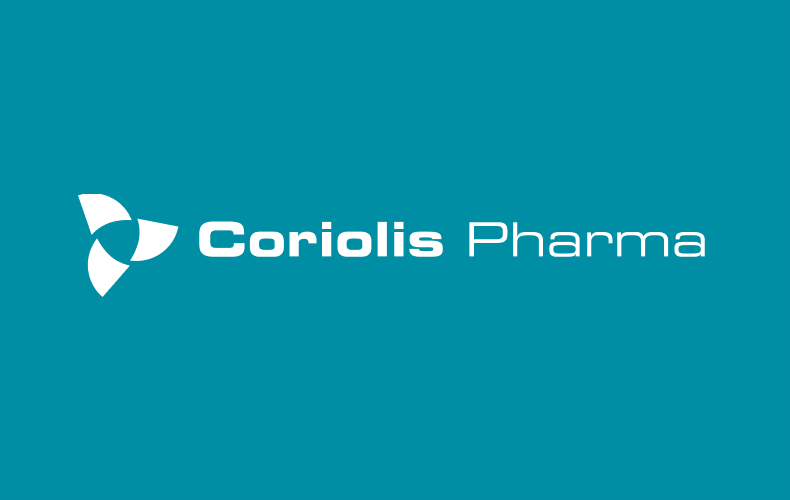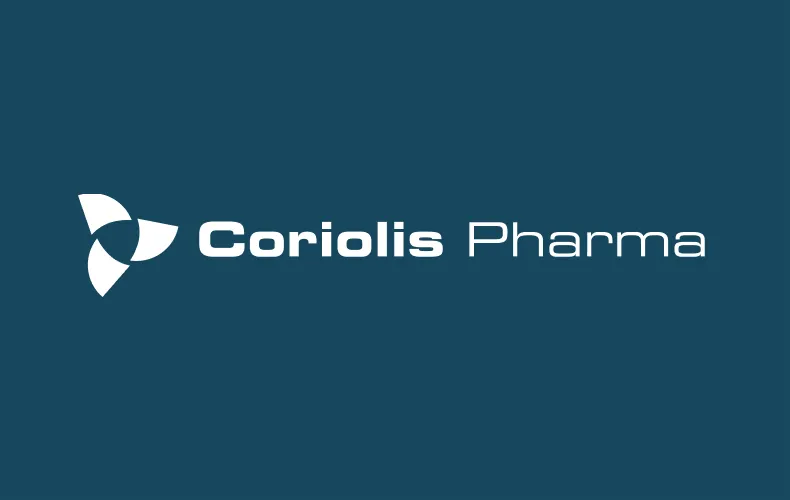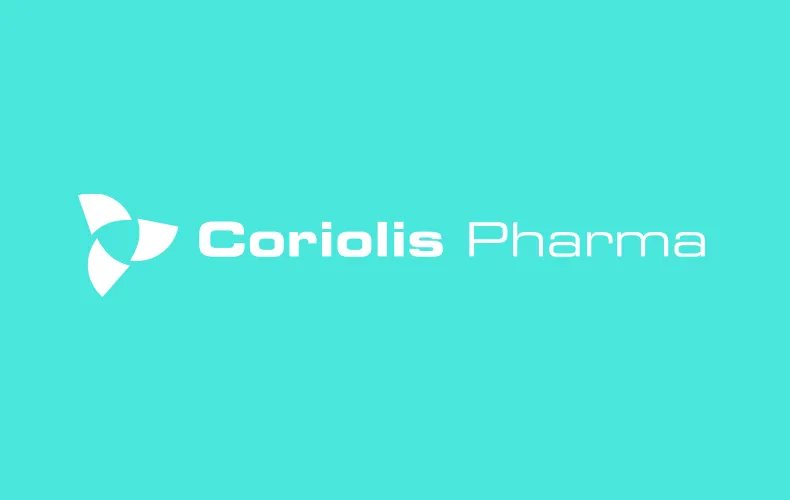How Could Lyophilization Process Development with Coriolis Pharma Help Your Drug Development?
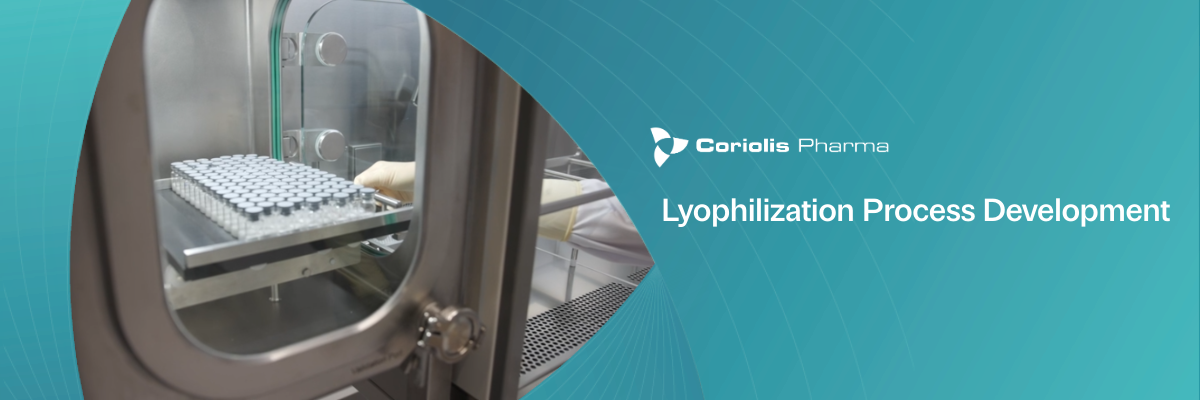
As biologics and complex drug products increasingly require freeze-drying for stability, lyophilization process development has become a critical step in biopharmaceutical formulation. At Coriolis Pharma, we combine advanced modeling, deep scientific expertise, and state-of-the-art analytics to deliver robust, scalable lyophilization solutions tailored to your molecule. In this Q&A, we address the most common questions R&D and formulation scientists ask about our approach.
What makes Coriolis Pharma’s lyophilization service stand out?
Coriolis is a science‑driven CRDO, focusing not only on formulation but also on advanced lyophilization technologies and analytics—GMP and non‑GMP—across modalities like proteins, peptides, nucleic acids, viral vectors, and vaccines. Our strength lies in combining practical cycles with in‑silico modeling—bridging experimental data and mechanistic simulations to enable Quality‑by‑Design (QbD) cycle development.
How do modeling tools play a role?
Coriolis uses mechanistic, first‑principle models (heat–mass balances, for the primary drying phase) to guide cycle design. These models quantify risks of collapse, melt‑back, or exceeding the equipment limits and support the definition of a robust design‑space and scale‑up strategies. Integration of uncertainty analysis ensures that process variability is accounted for, enabling robust cycle parameter selection and compliance to regulatory expectations.
What is the development workflow?
- Formulation & thermal characterization (e.g., Tg′, collapse temperature) to identify product constraints and provide inputs for the mechanistic model.
- Freezing phase development, optionally including testing of annealing/ controlled nucleation to promote an uniform ice structure, optimizing primary drying efficiency.
- Primary drying development is model‑driven—shelf temperature and chamber pressure are tuned to guarantee optimal cycles, in terms of robustness and efficiency.
- Secondary drying balances bound-moisture removal while preserving biologic integrity.
Can this scale from R&D to commercial production?
Absolutely. Coriolis leverages process knowledge and modeling to anticipate scale‑dependent changes . Our modeling enables transfer of parameters between freeze-dryers and allows the calculation of the primary drying design space at commercial scale.
What are the key benefits for drug developers?
- Robust, high‑yield cycles — minimized risk of collapse, melt‑back, choked flow issues, aesthetic defects in the final product.
- Speed & efficiency — model‑driven design can shorten development times and resource use.
- Regulatory clarity — mechanistic models and QbD build a strong justification for cycle conditions.
- Scalability — Model-assisted transfer reduces surprises in tech transfer.
- Cross‑modal flexibility — Works for proteins, peptides, viral products, etc.
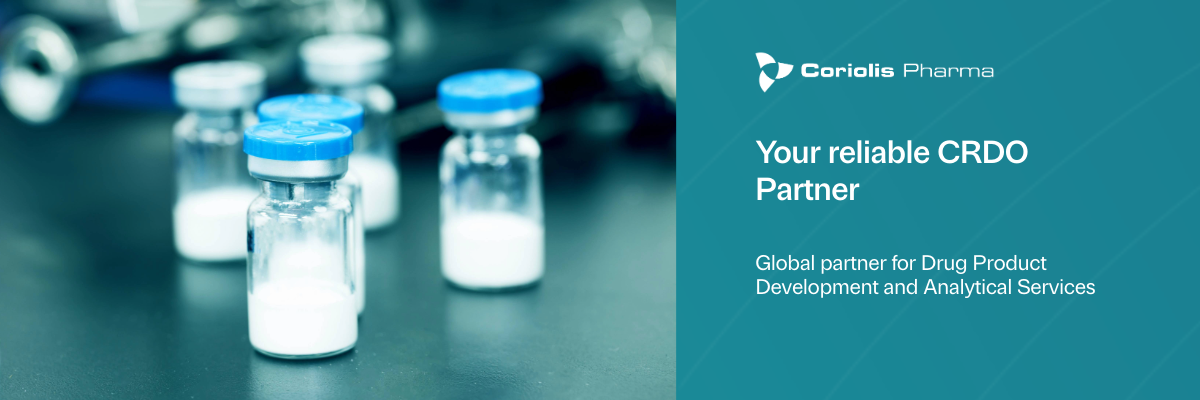
Coriolis Pharma merges advanced modeling, controlled experimentation, and regulatory QbD to deliver reliable, efficient, and scalable lyophilization process development. Our service accelerates CMC timelines while giving developers confidence through validated design‑spaces and cycle robustness.
Do you have more questions about lyophilization process development? Coriolis team of experts can tailor a consultation to your molecule and development goals. Explore our lyophilization library or reach out to us today!

